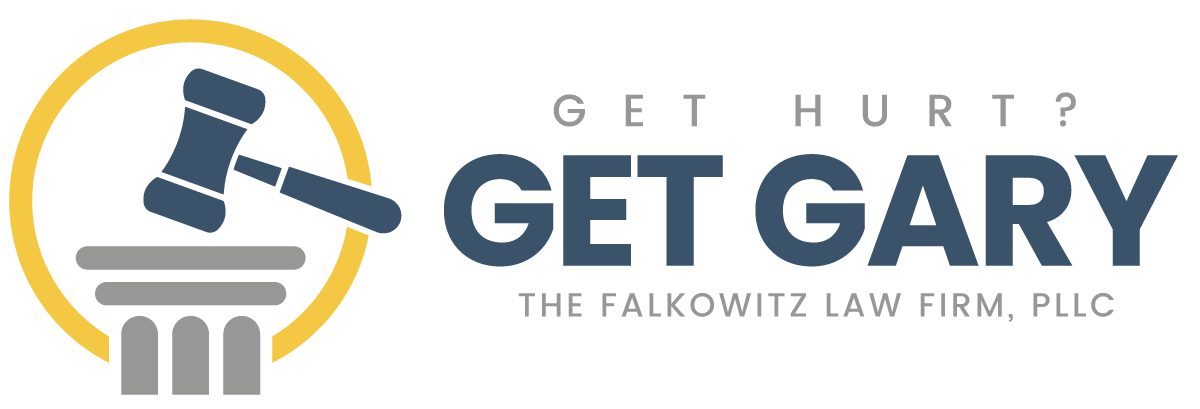Those living with disabilities know how challenging it can be to live a normal life. There are many issues that you face every day, and some of these problems can occur at work. Even though you have a disability you have rights in your workplace. There are laws in place to protect your interests so that you can work just like everyone else. If you are facing trouble in your workplace it is time to call an experienced New York City disability discrimination lawyer. Gary Falkowitz has handled numerous cases for victims of all types of discrimination. You have overcome enough challenges in life, and you shouldn’t have to fight for your rights in the workplace. Contact us today, so that we can discuss the details of your case.
What is the legal protection for those with disabilities?
Surprisingly, the Americans with Disabilities Act (ADA) was passed in 1990. Since this act is only 30 years old, there is still a lot of room for improvement and interpretation. The Civil Rights Act prompted workplaces to become more accommodating to individuals with disabilities. The ADA continues to make strides in the workplace to ensure that those with disabilities can have the same rights at work as their colleagues. Just because an individual has a disability doesn’t make them any less valuable in the workplace. Everyone should have the ability to share their talents and shine in their place of employment. Every citizen should be able to contribute to society, and the ADA works to make sure that this happens.
What is the ADA?
The Americans with Disabilities Act is one of the most complicated facets of workplace discrimination law. There are many areas that the ADA is framed around, which include:
Do you have a disability?: Individuals with disabilities are defined as people that have a mental or physical impairment that affects and limit their daily activities. “Disability” can sometimes be seen as a broad term. Employers can also define some of their employees as disabled, even if they don’t fit traditional definitions. In fact, there are individuals that don’t consider themselves disabled, but they are actually eligible for protection under the ADA. You can already see that disability discrimination can be a complex subject.
Is the person otherwise qualified?: Discrimination takes place when a disabled person is denied a job even though they are qualified. “Otherwise qualified” means that you can perform the duties of a job without the need for a reasonable accommodation. The disabled person would not require any additional help to complete their job requirements. However, if an employer must make substantial changes, this is not an instance of disability discrimination. The law is clear that an employer does not have to take on “undue hardship” to hire a disabled person. So, employers can choose to hire more suitable candidates in those circumstances.
How do you know what a reasonable accommodation is?: A reasonable accommodation is a change that an employer makes to help a disabled person in the duties of their job. In some instances, this could be providing aid or extra equipment to assist a disabled person in performing essential functions of their job. Some of these accommodations could include wheelchair ramps, breaks at work, different work schedules, or other assistive tools. Even if your employer pays accommodation is a hardship, a court will have to decide. The court will look at the size of the company and the cost of the accommodation before making a decision.
What are the different types of disability discrimination?
Other than workplace accommodations, the ADA also forbids individuals with disabilities from being harassed in the workplace. These laws are the same for any individual that is being targeted in their place of employment. There are many instances where employers do not handle harassment in the workplace and instead turn a blind eye.
The NYC Human Rights Law also protects many victims suffering from disability discrimination. Under federal law, a victim will have to prove that they could have performed the essential functions of their job without reasonable accommodation. However, under NYC law, it is the employer that must prove that the disabled person could not perform the tasks of their job. NYC Law even protects workers with temporary disabilities.
You have a right to work in New York
Having a disability should not take away your ability to work. Many disabled people are functional in their workplaces and society. If you feel like you have been unfairly fired or targeted at work for your disability, you need to contact us immediately. We have free consultations to discuss your rights and the details of your case. Set up an appointment today with the Falkowitz Law Firm.





